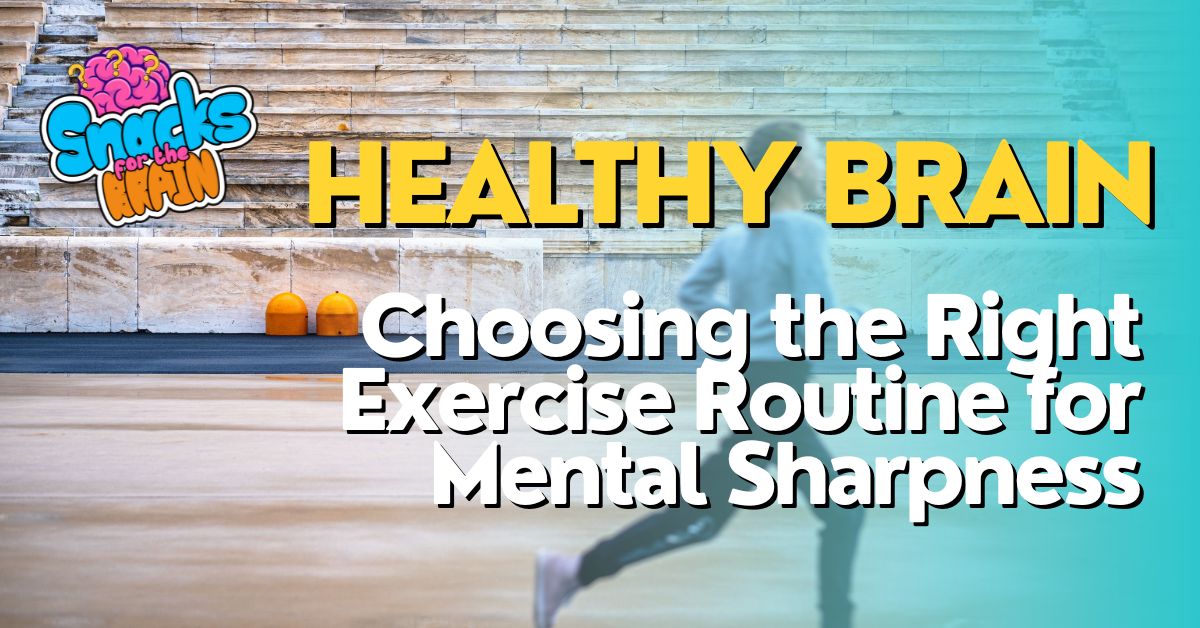Mindfulness and meditation are distinct but related practices that have gained widespread recognition for their potential benefits to mental and physical health. Mindfulness is the act of being fully present and aware of one’s thoughts, feelings, bodily sensations, and surroundings without passing judgment. It is a state of conscious attention to the present moment.
Meditation, in contrast, is a specific technique used to train the mind in focus and thought redirection. Various forms of meditation exist, including mindfulness meditation, loving-kindness meditation, and body scan meditation. These practices have roots in ancient cultures but have experienced a resurgence in popularity due to their reported positive effects on well-being.
While often used interchangeably, mindfulness and meditation are not synonymous. Mindfulness is a state of awareness, whereas meditation is a structured practice that can help develop mindfulness skills. Meditation serves as a training ground for cultivating mindfulness in daily life.
Research has indicated that both mindfulness and meditation may contribute to reduced stress, anxiety, and depression levels. Additionally, studies suggest these practices can improve attention span, focus, and overall well-being. Some practitioners report enhanced creativity, attributing it to improved access to inner resources and heightened intuition.
However, it is important to note that individual experiences may vary, and more research is ongoing to fully understand the extent and mechanisms of these benefits.
Key Takeaways
- Mindfulness is the practice of being present and aware of the current moment, while meditation is a technique to train the mind and achieve a mentally clear and emotionally calm state.
- Scientific research has shown that mindfulness and meditation can enhance creativity by improving cognitive flexibility, attention, and divergent thinking.
- Incorporating mindfulness and meditation into your creative process can help you stay focused, reduce stress, and tap into your inner creativity.
- Techniques for incorporating mindfulness and meditation into your creative process include mindful breathing, body scan meditation, and mindful walking.
- Successful creatives such as Oprah Winfrey, Steve Jobs, and Arianna Huffington have credited mindfulness and meditation for their creative success, showing that these practices can help overcome creative blocks and maintain long-term creativity.
The Science Behind Creativity and Mindfulness
Reducing Self-Criticism and Increasing Self-Compassion
Additionally, mindfulness has been found to reduce self-criticism and increase self-compassion, creating a more nurturing environment for creative ideas to flourish.
The Neuroscience Behind Mindfulness and Creativity
Neuroscience research has provided valuable insights into the connection between mindfulness and creativity. Studies have shown that mindfulness practices can lead to changes in the brain associated with enhanced creativity, such as increased activity in the prefrontal cortex and decreased activity in the default mode network.
The Creative Benefits of Mindfulness
These changes can lead to improved attention, emotional regulation, and cognitive control, all of which are essential for the creative process. Furthermore, mindfulness has been found to increase the production of dopamine, a neurotransmitter associated with motivation and reward, which can help individuals stay engaged and inspired in their creative pursuits.
How Mindfulness and Meditation Can Enhance Creativity

Mindfulness and meditation can enhance creativity in several ways. Firstly, they can help individuals overcome mental blocks and self-doubt that often hinder the creative process. By cultivating a non-judgmental awareness of their thoughts and emotions, individuals can learn to let go of limiting beliefs and fears that may be holding them back from expressing their creativity.
Additionally, mindfulness and meditation can improve focus and concentration, allowing individuals to immerse themselves fully in their creative endeavors without being distracted by external or internal stimuli. Furthermore, mindfulness and meditation can foster a deeper connection with one’s inner wisdom and intuition. By quieting the mind and tuning into the present moment, individuals can access new insights and ideas that may not have been apparent to them before.
This can lead to more original and authentic creative expressions. Additionally, mindfulness and meditation can help individuals cultivate a sense of openness and curiosity, which are essential qualities for exploring new possibilities and taking creative risks.
Techniques for Incorporating Mindfulness and Meditation into Your Creative Process
There are several techniques for incorporating mindfulness and meditation into your creative process. One simple way is to start each creative session with a short mindfulness practice, such as deep breathing or body scan meditation. This can help you center yourself and bring your full attention to the task at hand.
Additionally, you can use mindfulness techniques to overcome creative blocks by observing your thoughts and emotions without judgment and then gently redirecting your focus back to your creative work. Another technique is to practice mindfulness while engaging in creative activities such as painting, writing, or playing music. Instead of getting lost in self-criticism or worries about the outcome, try to stay present with the process itself, paying attention to the sensations, movements, and emotions involved in creating.
This can help you stay connected to the joy of creating without getting caught up in perfectionism or self-doubt.
Case Studies: Successful Creatives Who Practice Mindfulness and Meditation
Many successful creatives have attributed their achievements to their mindfulness and meditation practices. For example, renowned filmmaker David Lynch has been practicing transcendental meditation for decades and has credited it with enhancing his creativity and problem-solving abilities. Similarly, singer-songwriter Alanis Morissette has spoken about how mindfulness has helped her stay grounded and connected to her creativity throughout her career.
Additionally, famous author Elizabeth Gilbert has shared how meditation has been an essential tool for overcoming creative blocks and accessing her creative flow. These case studies demonstrate how mindfulness and meditation can be valuable tools for nurturing creativity and sustaining long-term success in creative endeavors. By incorporating these practices into their daily lives, these creatives have been able to tap into their inner resources, stay connected to their inspiration, and navigate the challenges of the creative process with greater resilience.
Overcoming Creative Blocks with Mindfulness and Meditation

Breaking Free from Frustration and Self-Criticism
Creative blocks are a common challenge for artists, writers, musicians, and other creatives. Mindfulness and meditation can be powerful tools for overcoming these blocks by helping individuals cultivate a mindset of openness, curiosity, and non-judgment. When faced with a creative block, instead of getting frustrated or self-critical, individuals can use mindfulness techniques to observe their thoughts and emotions with compassion and then gently redirect their focus back to their creative work.
Letting Go of Perfectionism and Attachment
Additionally, mindfulness and meditation can help individuals let go of perfectionism and attachment to outcomes, which are often at the root of creative blocks. By staying present with the process of creating rather than fixating on the end result, individuals can free themselves from the pressure of expectations and allow their creativity to flow more naturally.
Tapping into Intuition and Inner Wisdom
Furthermore, mindfulness practices can help individuals access their intuition and inner wisdom, which can provide new perspectives and ideas for overcoming creative challenges.
Tips for Maintaining a Mindful and Meditative Practice for Long-Term Creativity
Maintaining a mindful and meditative practice for long-term creativity requires commitment and consistency. One tip is to establish a daily routine for mindfulness and meditation, setting aside dedicated time each day for these practices. This can help integrate them into your daily life and make them a natural part of your creative process.
Another tip is to find a mindfulness or meditation technique that resonates with you personally. There are many different approaches to mindfulness and meditation, so it’s important to explore different techniques until you find one that feels right for you. Whether it’s breath-focused meditation, loving-kindness meditation, or mindful movement practices such as yoga or tai chi, finding a technique that resonates with you can make it easier to maintain a regular practice.
In addition, it’s important to approach your mindfulness and meditation practice with an attitude of curiosity and openness. Instead of striving for a particular outcome or experience, approach these practices with a sense of exploration and discovery. This can help you stay engaged and motivated in your practice over the long term.
In conclusion, mindfulness and meditation are powerful tools for enhancing creativity by improving cognitive flexibility, problem-solving skills, focus, intuition, and emotional regulation. By incorporating these practices into your creative process, you can overcome creative blocks, stay connected to your inspiration, and sustain long-term success in your creative endeavors. Through case studies of successful creatives who practice mindfulness and meditation, it’s clear that these practices can be valuable tools for nurturing creativity and navigating the challenges of the creative process with greater resilience.
By maintaining a mindful and meditative practice over the long term with commitment, consistency, finding the right technique that resonates with you personally, approaching it with an attitude of curiosity and openness will help you tap into your inner resources for sustained creativity throughout your life.
If you’re interested in learning more about mindfulness and meditation for enhancing creativity, you should check out the article «The Science of Mindfulness and Creativity» on Intelligencesnhacks. This article delves into the research behind how mindfulness practices can help boost creativity and offers practical tips for incorporating mindfulness into your daily routine. It’s a great resource for anyone looking to tap into their creative potential through mindfulness and meditation.
FAQs
What is mindfulness and meditation?
Mindfulness is the practice of being fully present and aware of the current moment, while meditation is a technique for training the mind to focus and redirect thoughts. Both practices are often used together to promote relaxation and reduce stress.
How can mindfulness and meditation enhance creativity?
Mindfulness and meditation can enhance creativity by helping individuals to quiet the mind, reduce distractions, and tap into their inner creativity. These practices can also help individuals to access new perspectives and ideas by fostering a clear and focused mindset.
What are some mindfulness and meditation techniques for enhancing creativity?
Some mindfulness and meditation techniques for enhancing creativity include deep breathing exercises, body scan meditations, mindful walking, and visualization exercises. These techniques can help individuals to cultivate a calm and focused state of mind, which can in turn enhance creativity.
Are there any scientific studies supporting the link between mindfulness, meditation, and creativity?
Yes, there have been several scientific studies that have demonstrated a positive link between mindfulness, meditation, and creativity. These studies have shown that mindfulness and meditation practices can enhance divergent thinking, problem-solving abilities, and overall creative performance.
Can mindfulness and meditation be beneficial for individuals in creative professions?
Yes, mindfulness and meditation can be highly beneficial for individuals in creative professions. These practices can help creative professionals to overcome creative blocks, reduce performance anxiety, and enhance their overall creative output.






